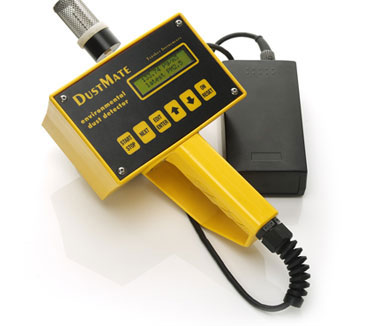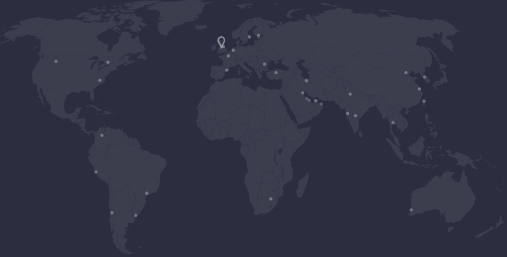Air pollution is a significant concern all over the world, including in the UK. It has an impact on not only our health but the environment. Here are just a few facts about air pollution in Britain, and how our data management software can help:
Air pollution in the UK comes from a number of sources.
That includes vehicles, industrial output, agricultural activities, and the heating of homes and businesses. The most common pollutants in the UK include nitrogen dioxide (NO2), particulate matter (PM10 and PM2.5), sulphur dioxide (SO2), ozone (O3), and volatile organic compounds (VOCs).

In terms of vehicles, diesel vehicles have been a major contributor to air pollution in the UK. That’s because they emit high levels of nitrogen oxides and particulate matter. Efforts to reduce diesel emissions include implementing cleaner fuel standards and promoting the use of electric vehicles.
What kind of impact does air pollution have on our health?
This issue is associated with a range of health problems, including respiratory diseases and cardiovascular diseases. At worst, it can even lead to a premature death. It’s particularly deadly for vulnerable groups like children, the elderly and individuals who have pre-existing health conditions.
What kind of legal standards are there related to air pollution in the UK?
We are still legally bound by air quality standards set by the European Union (EU) and the World Health Organization (WHO). However, even with efforts to reduce pollution levels, many areas in the UK still exceed these standards.
Using data management software and air pollution measuring instruments is one of the best ways to keep an eye on this problem.
There’s growing public awareness about the health impacts of air pollution, leading to increased demand for cleaner transport options and stricter regulations on polluting industries. We have a wide range of instruments that make monitoring air pollution easier, including:

- Dust and particulate monitors. Our dust and particulate monitors are used by companies of all shapes and sizes all around the world. They’re used in a range of settings, including industrial sites, manufacturing plants and by local authorities, councils and those involved in scientific research in this field.
- Gas Monitors for the easy recording and reporting of multiple gas species, viewed remotely through AirQWeb. Our gas monitoring instruments are designed to complement our range of dust monitors. Options include the iGASair which can measure up to six different pollutant species simultaneously, with all data stored and displayed on AirQWeb, along with data for dust or noise and vibration instruments. It can also be used off-grid where there is no power at the site, with our solar and wind power system and with external leisure batteries.
- Data management software and applications. Our experts have developed specialist software and applications to support users of Turnkey’s instruments with the recording, analysis and reporting of data.
Where is air pollution most common?
As you might be aware, urban areas suffer from this problem the most. In the UK, it’s cities like London, Manchester, Birmingham, and Glasgow which experience higher levels of air pollution due to factors such as traffic congestion, industrial emissions, and population density.
A number of steps have been taken to tackle this issue. Several cities in the UK have implemented Clean Air Zones (CAZs) to reduce pollution levels. These zones often involve restrictions or charges on vehicles that do not meet certain emissions standards.
What types of government policies are there in relation to air pollution?
The UK government has introduced various policies and initiatives to tackle air pollution, including promoting renewable energy, encouraging the use of public transportation, and investing in cleaner technologies.
Air pollution is closely linked to climate change, with some pollutants also acting as greenhouse gases. Addressing air pollution is not only crucial for public health but also for mitigating climate change effects.
More about our data management software for air pollution.
Our data management solutions make it possible to share information worldwide, in real time and store data securely.
You can also view results anywhere on any internet connected device and search results online.
It’s extremely easy to analyse results and compare data, extract results, and control connected testing equipment remotely.
AirQWeb is our specially-designed online interface, which has been developed for use with our internet-connected environmental monitoring equipment. It works with the Topas or Osiris airborne particle monitors and the online application will connect to these devices via our Web Server to automatically download data in real time.
The AirQ software is Windows-compatible software and allows you to collect, manage and display results from our range of environment sensors.
Read more about our data management software or don’t hesitate to contact our friendly team for more information.


